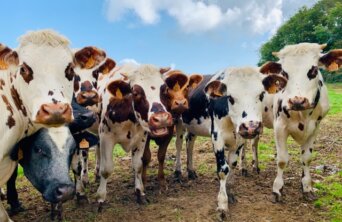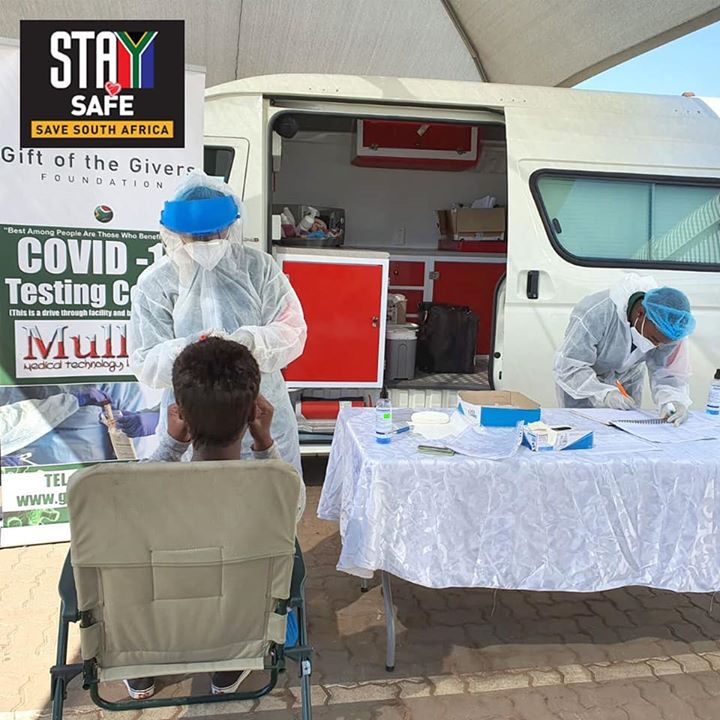- About
- Topics
- Picks
- Audio
- Story
- In-Depth
- Opinion
- News
- Donate
-
Signup for our newsletterOur Editors' Best Picks.Send
Read, Debate: Engage.
| topic: | Health and Sanitation |
|---|---|
| located: | Uganda |
| editor: | Bob Koigi |
The effects of climate change have been severe and devastating, spanning droughts, floods and wildfires, among others.
This has affected human health with disease outbreaks - especially in the wake of floods - and environmental degradation at rates never experienced before.
Approximately 99 per cent of the world breathes air below the World Health Organization standards. The contamination of soil and water with heavy metals, pesticides and plastic has fanned the proliferation of metabolic and cardiovascular diseases, too.
The emergence of infectious diseases is now commonplace, and the COVID-19 pandemic has demonstrated how vulnerable the world is. It is estimated that 60 per cent of new infectious diseases originate from domestic and wild animals. In the last three decades, studies show that over 30 new human pathogens have been discovered, 75 per cent of them coming from animals.
An integrated and unifying model is required to protect the world’s people and animals from disease.
The One Health approach is a step in the right direction. It recognises that humans, animals, and the environment are linked and interdependent, including their health. It advances the notion that understanding that connection allows people to understand the drivers of threats, like diseases and find common, sustainable and lasting solutions to these threats.
For example, a bulk of infectious diseases are influenced by factors such as the diversity of wildlife, changes in weather, urbanisation and growth in population, among others. With this understanding, the One Health Approach would help identify transmission patterns of these diseases and ultimately inform timely interventions to nip them in the bud.
Conservation Through Public Health, an organisation in Uganda, has championed this approach by promoting a healthy and peaceful coexistence between humans and animals while embracing wildlife conservation.
It has trained rangers, gorilla guardians and community health workers to offer health information to residents living near gorillas on the limit of their interaction and timely medical interventions that have helped reduce zoonotic disease transmission. Such models should be replicated all over the world.
In a time of uncertainty, the One Health approach offers a promising way forward and should be backed by partnerships among scientists, policymakers, governments, environmentalists and medical professionals.
At the individual level, there has to be a concerted effort to support wildlife conservation and embrace sustainable practices. In the end, building resilience to these emerging shocks requires a holistic approach backed by commitment.
Image by Lomig.

